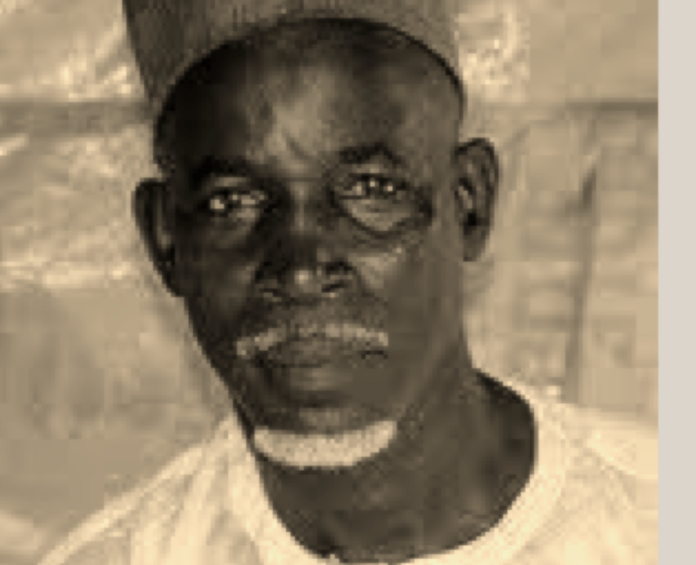The metamorphoses of Nigeria’s political terrain from a past where people from one region can migrate to another region and democratically contest electoral positions and win to a present where tribalism has become the order of the day in all spheres is perhaps a conundrum that would need some immortals to decipher.
This is because, in the glorious past, history has it that there was a unifying force that gave room for people to excel in any region they find themselves irrespective of their tribe and background.
The story of Mallam Umaru Altine, a Fulani man from Sifawa in the Sokoto Caliphate, who was elected as the first mayor of the city of Enugu, the heartland and heartbeat of the Igbo nation, in 1952 is a flawless example of a unifying glorious past. He was in office till 1958.
Enugu is the capital of the old Eastern Region of Nigeria.
In his recent detailed article on Altine, Femi Kehinde, a former member of the House of Representatives, wrote:
Umaru Altine was a product of Dr. Azikiwe’s political nationalistic and cosmopolitan outlook. He was a pan-Nigerian. His faith in one Nigeria was unshakable and unquestionable. He was Altine’s guide, pathfinder, and mentor.
Umaru Altine, a cattle dealer, had left the Sokoto province to sojourn in Enugu. There he married an Igbo Lady, Esther, and was president of the Enugu branch of the youth wing of the National Council of Nigeria and the Cameroons (NCNC). He was a completely detribalized Nigerian.
As a descendant of Uthman Dan Fodio, Altine could have equally emerged as Sultan of Sokoto, one day, but he preferred the life of trading, travel, and adventure. He had earlier joined the Army and worked briefly with the Railways.
He had also played politics in the Tambuwal District of the Sokoto Province, before his eventual sojourn in the coal city of Enugu. He was handsome, always dressed impeccably, and had a magnetic aura.
In Enugu, he wore the popular babariga, with a turban, and on some occasions, he wore suits, as the functions of the office, demanded.
In Enugu, he went to church, when his duties as mayor demanded this, and he also went to do the kick-off at stadia as mayor, whenever invited.
Without losing his identity, he smoked, loved the native Igbo Nsala Soup with fresh fish, and according to his wife, Esther, he had a high sense of personal hygiene and good command of English, Fulfude, Hausa, and Igbo languages.
Umaru Altine’s feats would have been unattainable, but for the encouragement and supports of the NCNC leader, Dr. Nnamdi Azikiwe, who was a consummate politician, and a cosmopolitan and urbane pan-Nigerian.
Azikiwe wanted to use Altine’s story, or his entry into Enugu politics, to teach a lesson and tell the story of a Nigeria that could only grow, and prominently too, without ethnic, religious or tribal divides.
With this exemplary delineation of a glorious past, it is imperative to ask how and where Nigeria got it wrong – how did we get to where we are now with people becoming increasingly ethnic champions?



